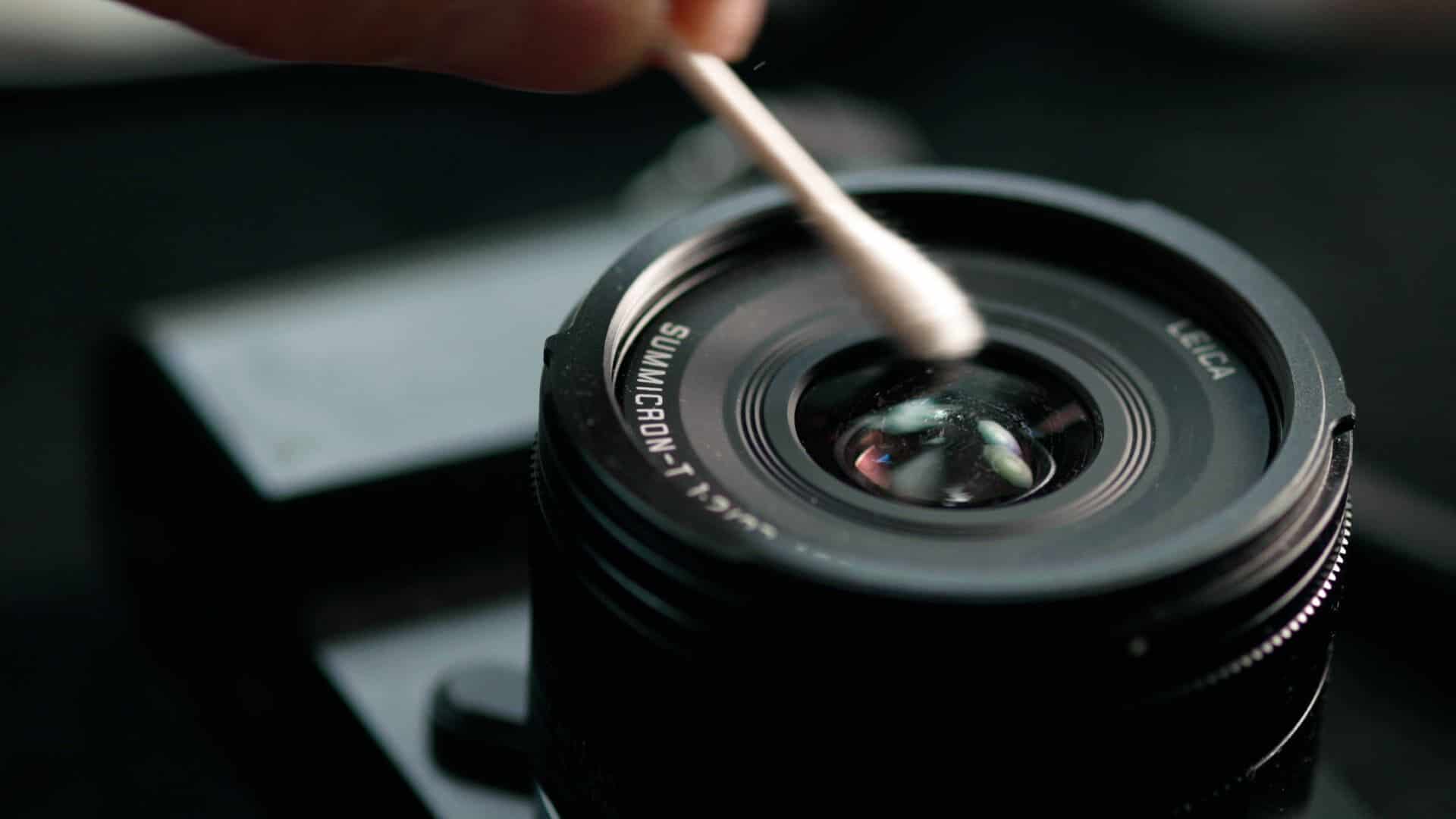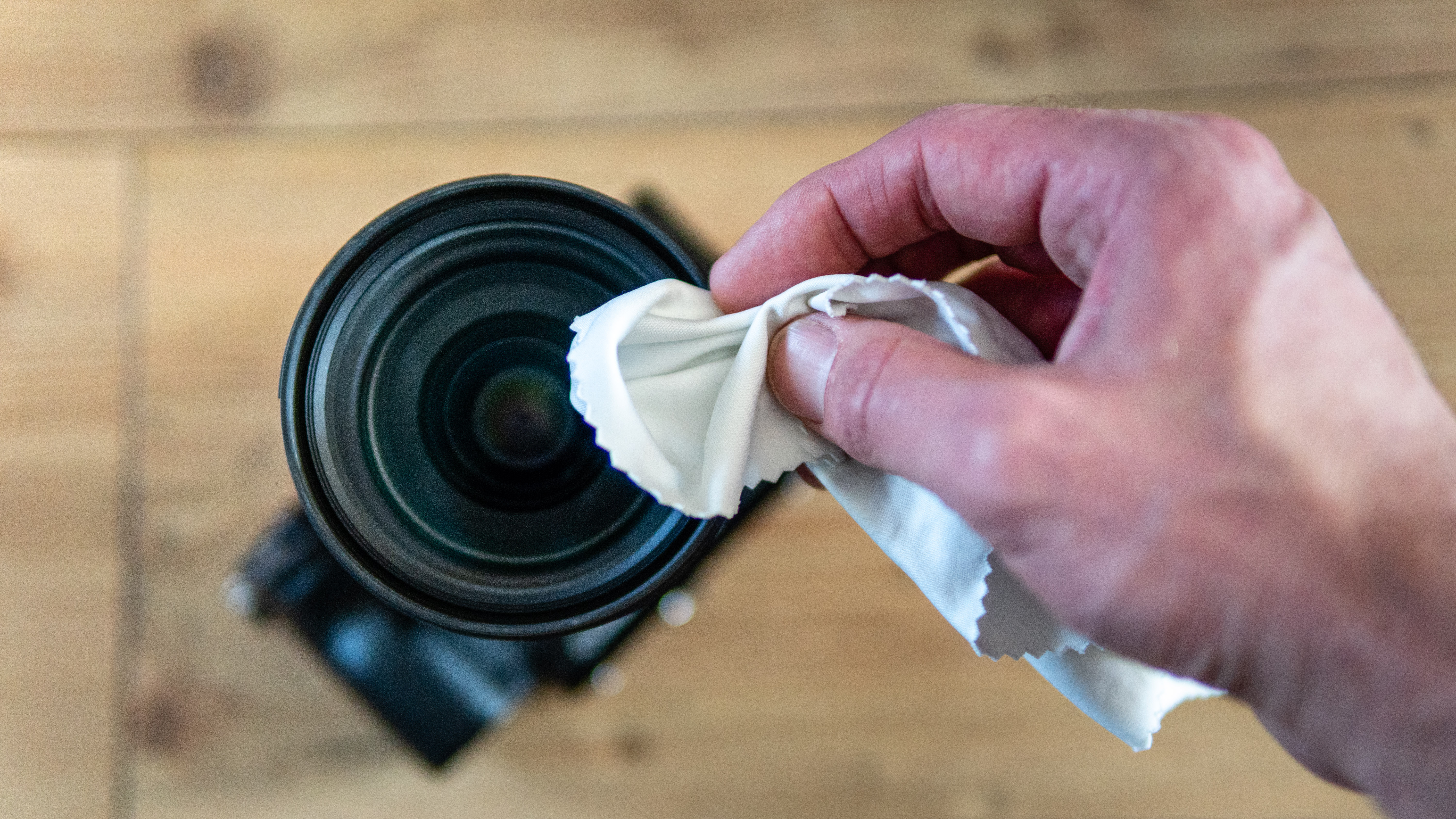Cleaning camera lenses is simple with the right steps. Use a microfiber cloth.
Avoid harsh chemicals. Camera lenses are vital for clear images. Dust and smudges can affect photo quality. Regular cleaning keeps your lenses in top shape. It helps capture sharp and vibrant pictures. This guide will teach you proper cleaning techniques.
You’ll learn what tools to use and what mistakes to avoid. Keeping lenses clean is essential for photographers. Whether you’re a hobbyist or professional, clean lenses matter. Proper care extends lens life and enhances performance. Follow these tips for pristine lenses and better photos. Let’s dive into the steps to keep your lenses spotless.

Credit: www.studiobinder.com
Table of Contents
Importance Of Clean Lenses
Dirty lenses can make pictures look blurry. Dust and fingerprints cause problems. This can ruin your best shots. Clean lenses give sharp images. Colors look bright and clear. Details are more visible. This is very important for photographers. Photos with clean lenses are more beautiful. Professionals often clean their lenses. This helps in getting the best results.
Clean lenses last longer. Dust and dirt can damage them. Scratches make lenses bad. Regular cleaning prevents damage. Use soft cloth for cleaning. It is gentle and safe. Avoid chemicals that harm lenses. Proper care keeps lenses in good shape. This saves money on repairs. Maintaining lenses is easy and smart. It protects your investment. Clean lenses are happy lenses!

Credit: www.youtube.com
Essential Cleaning Tools
Microfiber cloths are very soft. They clean the lens without scratches. Always keep one in your camera bag. These cloths are reusable. You can wash them after use. They are good for daily lens cleaning. They remove dust and fingerprints easily. Make sure the cloth is clean before use. Dirt can scratch the lens.
Lens cleaning solutions help remove tough spots. They work well with microfiber cloths. A few drops are enough. Do not pour directly on the lens. First, put the solution on the cloth. Then gently clean the lens. Always use solutions made for cameras. Other liquids can damage the lens. Keep the solution in your bag for emergencies.
Step-by-step Cleaning Process
Start with a soft brush or air blower. Gently move it over the lens. This helps to remove loose dust. Be careful not to touch the lens surface. The brush should be clean and dry. Repeat if needed to remove all particles.
Take a microfiber cloth for cleaning. Add a few drops of lens cleaning solution. Avoid using too much liquid. Gently wipe the lens in circular motions. Make sure not to press too hard. Move the cloth over the entire surface. Check for any spots left on the lens.

Credit: www.techradar.com
Dealing With Stubborn Smudges
Lens pens are a handy tool. They help clean stubborn smudges. Use the soft tip for gentle cleaning. Avoid scratching the lens surface. Lens pens are safe and effective.
Start from the center of the lens. Move in small circles. Gradually work outward. This technique removes smudges evenly. Repeat if needed for stubborn spots. Keep movements gentle.
Tips For Cleaning Lens Filters
Filters are fragile. Always hold them by the edges. This helps prevent fingerprints. Use a soft cloth for cleaning. Avoid using rough materials. This can scratch the filter. Always keep filters in a safe place. Use a protective case when not in use.
Both sides of the filter need cleaning. Dust gathers on the front and back. Use a blower to remove dust. Then, use a lens cleaner on both sides. Gently wipe with a soft cloth. Always move in a circular motion. This helps remove smudges. Make sure the filter is dry before use.
Preventing Lens Damage
Avoiding common mistakes is key to keeping camera lenses safe. Touching the glass can leave marks. These marks can harm the lens quality. Always use a lens cloth for cleaning. This cloth is soft and protects the lens. Avoid using shirts or tissues. They can scratch the surface. Never use household cleaners. They can ruin the lens coatings. Keep cleaning simple and gentle.
Storing lenses properly is very important. Always use a lens cap when not in use. This protects the lens from dust. Dust can affect photo quality. Store lenses in a dry place. Moisture can damage them. Use a camera bag for safety. This bag keeps lenses secure. Never leave lenses in direct sunlight. Sunlight can heat and damage them.
When To Seek Professional Help
Sometimes, cleaning camera lenses at home might not be enough. Dirt or scratches can be hard to remove. Seek professional help if lens quality does not improve after cleaning.
Recognizing Severe Issues
Sometimes, camera lenses face big problems. Scratches on the glass are one such problem. These scratches can harm photo quality. If dirt or dust is inside, cleaning is hard. Water damage is another serious issue. It can make the lens not work. Foggy lenses show moisture inside. This needs expert care. If any of these happen, it’s best to get help. Don’t try fixing it alone. It can make things worse.
Finding Reliable Services
Finding the right service is important. Start by asking friends for advice. They may know good places. Check online for service reviews. Many people share their experiences. Look for high ratings and good feedback. Choose places with trained experts. They should have experience with your camera brand. Always ask for a cost estimate before agreeing. This helps avoid surprises later. A good service will explain their work clearly. They will also answer all your questions.
Maintaining Clean Lenses
Keeping a clean lens is important for good photos. Dust and dirt can harm your camera. Clean your lens once a week. Use a soft cloth for wiping. Never use rough materials. These can scratch the glass.
Lens caps are your best friends. Always cover your lens when not in use. A UV filter can protect from scratches. This filter also blocks harmful light. Keep your camera in a safe bag. This keeps it away from dust. Be careful when changing lenses. Dust can enter through open parts.
Frequently Asked Questions
What Is The Best Thing To Clean Camera Lenses With?
Use a microfiber cloth for cleaning camera lenses. Lens cleaning solutions can remove stubborn spots. Avoid using rough materials that may scratch. A gentle blow with a blower can remove dust particles. Always clean in circular motions for best results.
Keep lenses protected with caps when not in use.
Is It Ok To Clean Camera Lens With Alcohol?
Using alcohol to clean a camera lens can damage coatings. Use a microfiber cloth and lens cleaner instead. Alcohol may cause scratches or clouding on the lens surface. Proper cleaning ensures optimal performance and image quality. Consider using products specifically designed for camera lens maintenance for best results.
How Do You Clean A Blurry Camera Lens?
Use a microfiber cloth to gently wipe the lens in a circular motion. Apply lens cleaner for stubborn smudges. Avoid touching the lens with fingers. Ensure the lens is dry before use. Regular cleaning prevents blurriness and maintains clarity.
Can I Use Windex On A Camera Lens?
Avoid using Windex on camera lenses as it may damage coatings. Use lens cleaner or microfiber cloth instead. Proper care ensures longevity and optimal performance of your camera equipment. Always opt for products specifically designed for cameras to maintain lens integrity.
Conclusion
Cleaning camera lenses is essential for capturing clear images. Regular maintenance prevents dust buildup and scratches. Use soft brushes and microfiber cloths for gentle cleaning. Avoid harsh chemicals to protect lens coating. Store lenses properly to prevent dust accumulation. Clean lenses before important shoots for best results.
A clean lens enhances photo quality and clarity. Follow these tips to keep your lenses in excellent condition. Regular care keeps your camera ready for stunning shots. Enjoy capturing moments with a clean, well-maintained lens. Keep your lenses pristine for unforgettable photography experiences.